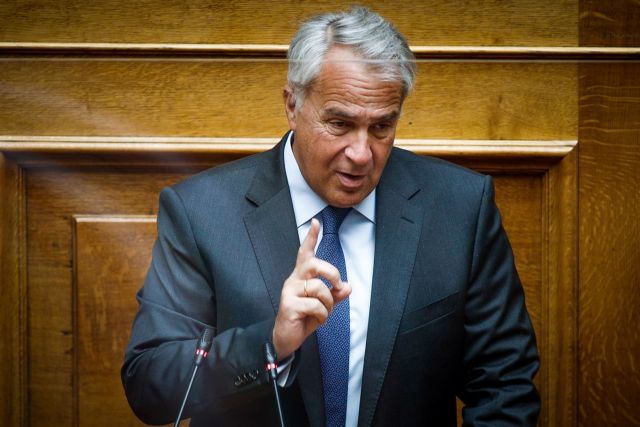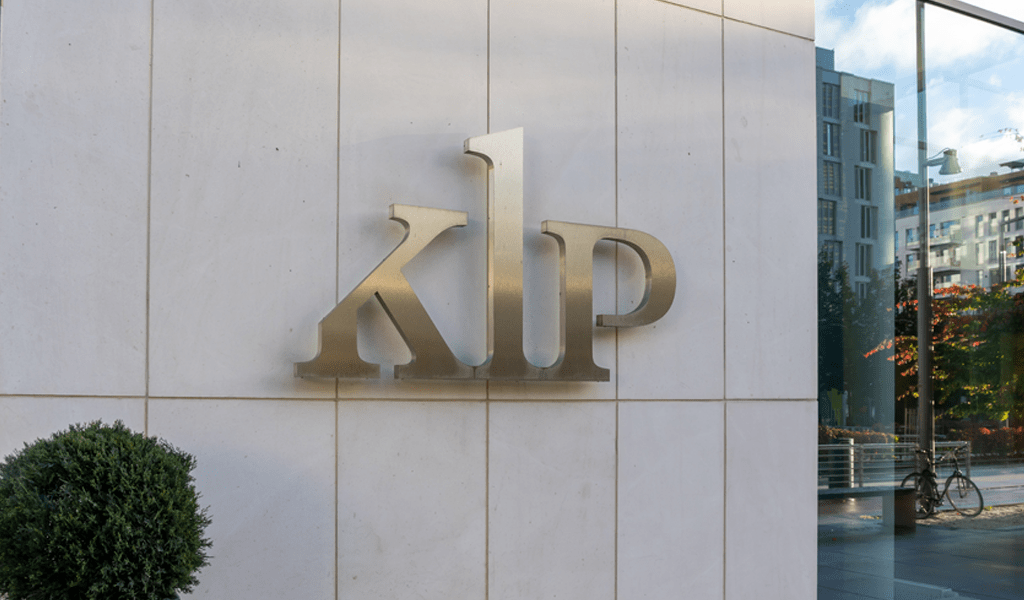A few weeks after the completion of the 10th evaluation by the Institutions, the Greek economy is back on the table on the occasion of the arrival of the head of the European Stability Mechanism (ESM) Klaus Regling who is in Athens holding meetings today with Prime Minister Kyriakos Mitsotakis. as well as with the Minister of Finance Christos Staikouras, on the occasion of his speech at the Delphi Economic Forum.
Regling’s visit comes at a time of positive momentum, with positive reports on the prospects of the Greek economy and Greece’s willingness to reform, as well as – in addition to the second early repayment of IMF loans last March with the ESM approval – the country has recently received a positive upgrade from S&P while achieving another exit in the markets with almost zero interest rate. Greece was the second member state to submit the plan, which has received positive reviews from Brussels, with the big wager being the use of resources.
Implementing the reforms envisaged not only by the Recovery Fund plan, but also by the commitments of post-crisis supervision is also a challenge for the country, with markets and investors betting on the development plan for the next six years.
The Minister of Finance will receive the head of the ESM (4.30 pm) and their joint statements are expected with interest, which are estimated to focus on the conditions where Europe and Greece are trying to restore their economies after the shock of the pandemic, in view of the approvals by the Commission of the national plans for the Recovery Fund next June.
However, in the autumn of 2020, on a previous visit, Regling had caused controversy by sounding the alarm on the issue of reducing outstanding pensions, which issue – in general, public debt to individuals – and its reduction schedule was on the agenda of the 10th evaluation. It is noted that the amount of arrears increased in February to 2.3 billion euros, from 1.9 billion euros in January, which increase is largely due to the debts of social security organizations. The comments from Brussels show that the 10th post-memorandum evaluation was completed successfully, although the report is officially scheduled to be published on May 26, following the approval by the Eurogroup for the disbursement of the installment of around 650 million Euros by the end of June.
On the fiscal front, despite the flexibility until 2022, Brussels’ messages to the Member States show a path leading to more targeted support measures. The debate will begin to take shape after the summer, and the issue of private debt management due to the pandemic is on the table.















![Μπόνους δόμησης: «Τρίζει» η οικοδομή – Οι φωτιές που άναψε ο ΝΟΚ [πίνακες]](https://www.ot.gr/wp-content/uploads/2025/06/building-6705864_1280.jpg)


























